The Power of Place: How Locations Shape Cinematic Masterpieces
In the realm of cinema, few factors wield as much influence over the narrative and atmosphere of a film as the choice of location. From the sun-drenched landscapes of Sicily to the bustling piazzas of Rome, Italian filmmakers have long understood the transformative power of place. Which contribuited to help them crafting unforgettable cinematic experiences.
Italy’s rich tapestry of history, culture, and geography provides filmmakers with a wealth of inspiration. Serving as both a backdrop and a character in its own right. The country’s diverse landscapes, ranging from picturesque coastlines to rugged mountainscapes, offer an array of settings that can evoke a myriad of emotions and themes.
One of the most iconic Italian locations to grace the silver screen is the city of Rome. With its ancient ruins, labyrinthine alleyways, and grandiose architecture, Rome has served as the setting for countless cinematic masterpieces. From Federico Fellini’s “La Dolce Vita” to Paolo Sorrentino’s “La Grande Bellezza.” The Eternal City’s timeless beauty and palpable sense of history infuse these films with a sense of grandeur and nostalgia. Capturing the essence of a city that has served as a muse for artists throughout the ages.
Similarly, the picturesque landscapes of Tuscany have provided filmmakers with a canvas upon which to paint stories of love, loss, and redemption. From the rolling hills of Chianti to the medieval towns of Siena and San Gimignano. Tuscany’s rustic charm and bucolic beauty have lent themselves to films such as “The Gladiator” and “Stealing Beauty”. Imbuing these tales with a sense of serenity and tranquility that serves as a counterpoint to the drama unfolding onscreen.
Beyond its natural beauty, Italy’s rich cultural heritage also plays a pivotal role in shaping cinematic narratives. The country’s vibrant traditions, culinary delights, and passionate people infuse films with a sense of authenticity and vitality. Transporting viewers to another time and place. Whether it’s the bustling markets of Naples in “L’oro di Napoli” or the quaint fishing villages of the Amalfi Coast in “Il Postino,” Italian locations serve as a window into the soul of a nation. Inviting audiences to immerse themselves in its rich tapestry of life and culture.
In the hands of visionary filmmakers, Italian locations become more than mere backdrops; they become living, breathing entities that enrich the storytelling experience and elevate it to new heights. Through the artful use of place, filmmakers are able to evoke a sense of timelessness and universality that transcends language and cultural barriers, resonating with audiences on a profound and visceral level.
As we continue to marvel at the cinematic wonders crafted against the backdrop of Italy’s stunning landscapes and vibrant cities, we are reminded of the enduring power of place to inspire, captivate, and transport us to worlds beyond our imagination. In the realm of cinema, as in life, location truly is everything.
Watch all of our movies on Movieitalyplus!
Read more here!


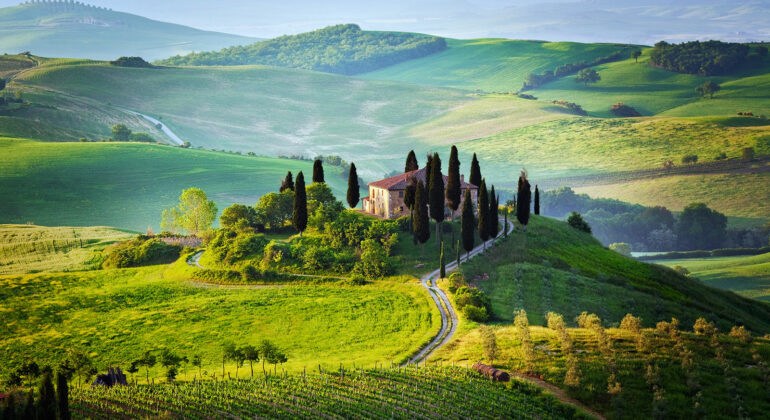
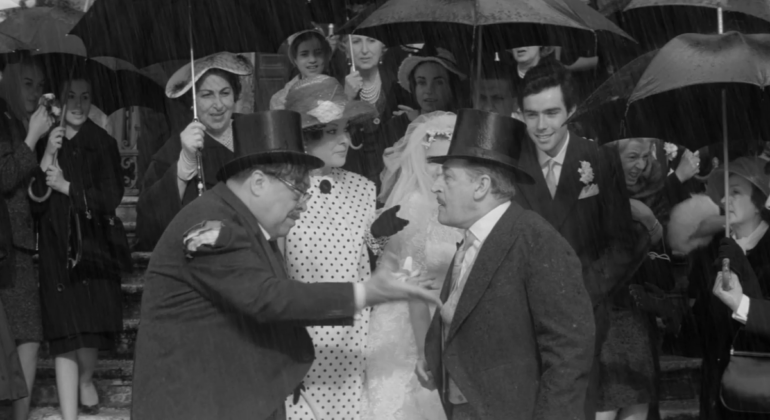
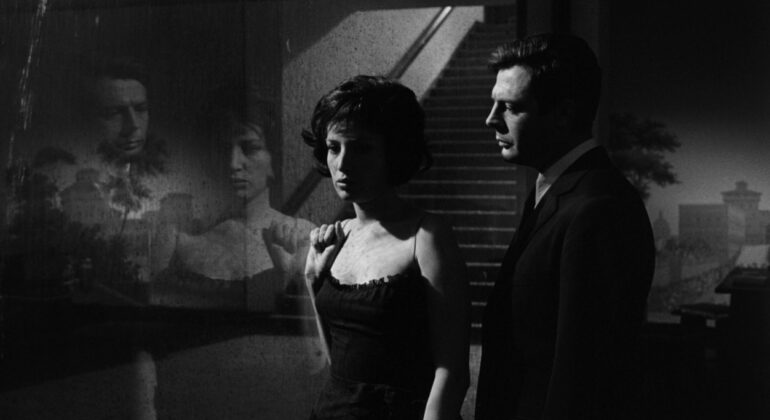
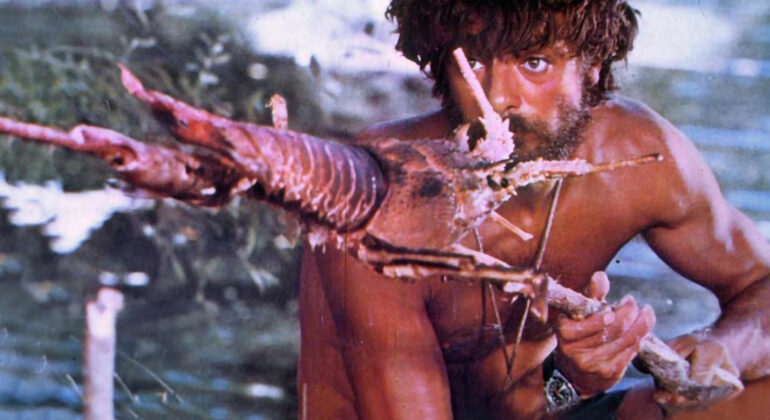
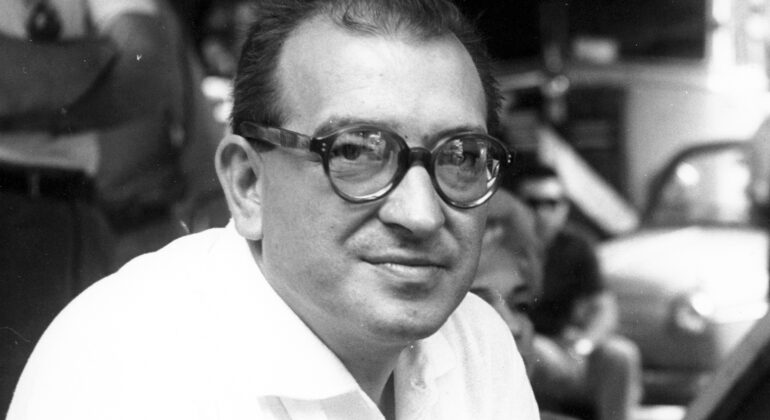
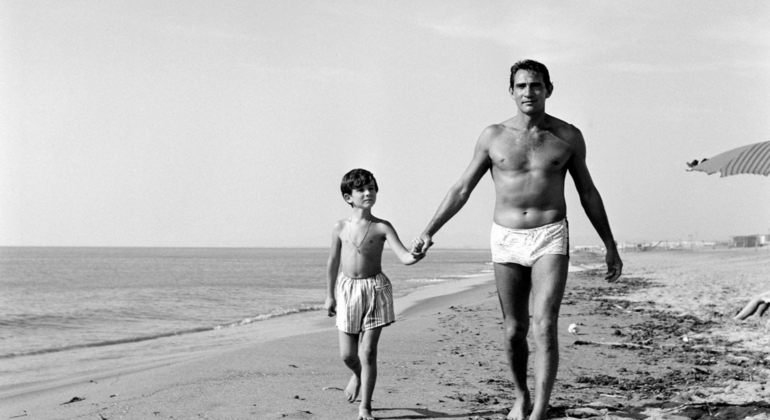
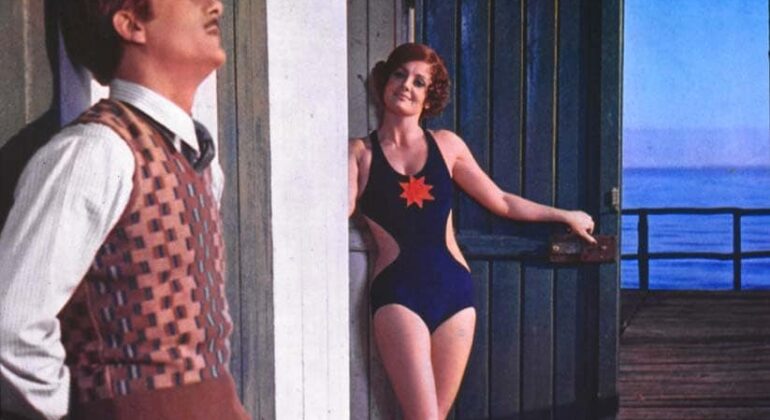
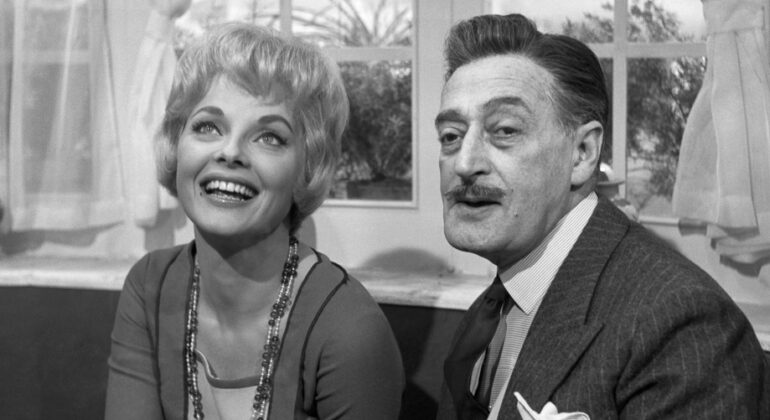
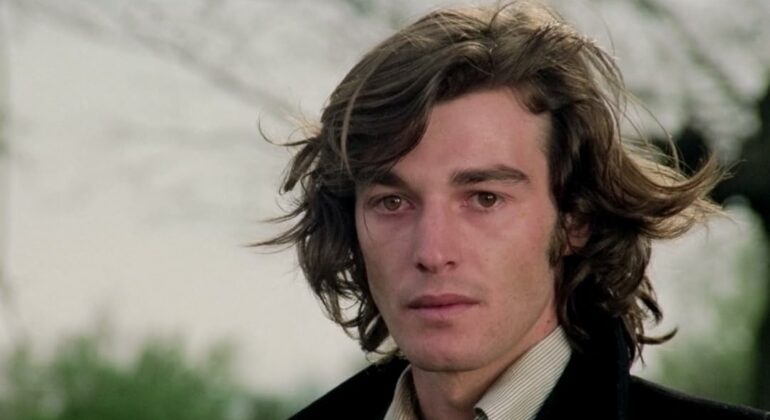


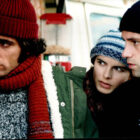


Recent Comments